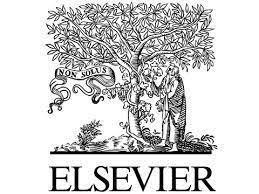BLENDED LEARNING FOR DEVELOPING WRITING SKILLS OF ENGINEERING STUDENTS
Abstract
Blended learning, a pedagogical approach combining traditional face-to-face instruction with online learning activities, has gained traction in higher education, particularly in engineering disciplines. This paper examines the efficacy of blended learning in enhancing the writing skills of engineering students. The integration of digital tools and resources with conventional teaching methods offers a multifaceted learning environment that addresses the diverse needs of students. The paper synthesizes findings from various studies, highlighting the benefits of blended learning, such as increased student engagement, flexibility, and personalized learning experiences. Key components of effective blended learning programs, including the use of interactive platforms, online discussion forums, and immediate feedback mechanisms, are explored in depth. The review also addresses the challenges faced in implementing blended learning, such as technological barriers, the digital divide, and the need for faculty training. Additionally, the paper evaluates the impact of blended learning on students' writing proficiency, critical thinking, and overall academic performance. Methodologies for assessing writing skills in a blended learning context are discussed, emphasizing both qualitative and quantitative approaches. The findings suggest that blended learning can significantly improve the writing abilities of engineering students by providing them with continuous practice and diverse feedback. However, the success of such programs largely depends on the effective integration of technology and active involvement of instructors. This paper concludes by offering practical recommendations for educators and institutions seeking to adopt blended learning strategies to enhance the writing skills of engineering students, advocating for a balanced approach that leverages the strengths of both traditional and digital pedagogies.





